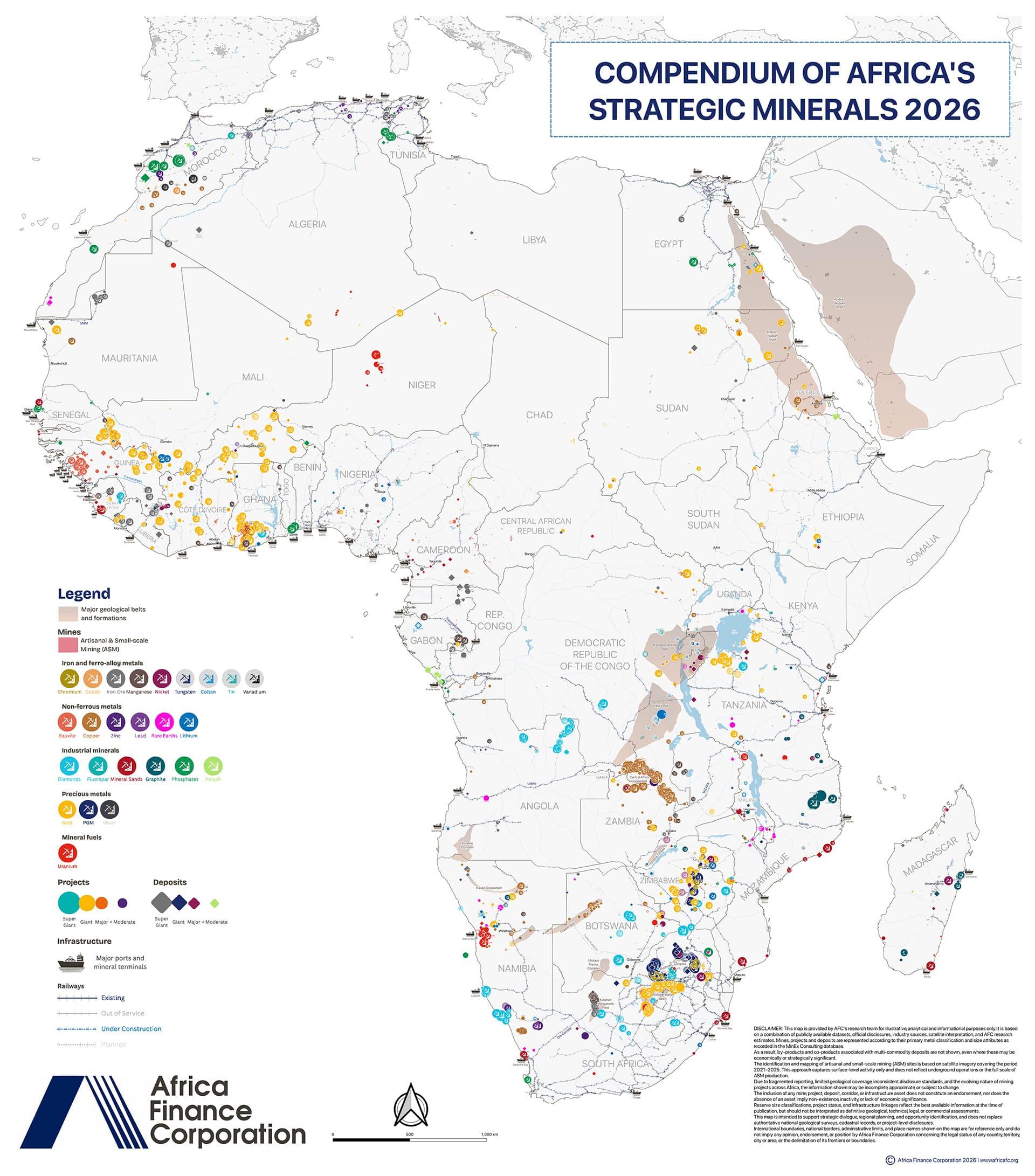Following the expiry of its Second Climate Change Action Plan after COP21, the AfDB has launched a more comprehensive and ambitious strategic framework on climate change and green growth. This includes a climate policy and long-term strategy covering 2021 to 2030, together with a Third Action Plan for 2021-2025.
The AfDB committed 9% of its total finance to climate in 2016. Since then, it has put much more wind in its sail, increasing it to 28% in 2017, 32% in 2018, 36% in 2019, 41% in 2021 and 45% in 2022, thus exceeding its initial 40% target over the last two years. In 2020, the Bank allocated 34% of its approvals to the fight against climate change, lower than the previous year, due to its having to redirect its investments in response to the Covid-19 pandemic.
More than half of the Bank’s investments committed to adaptation financing
Very much aware that climate adaptation is a priority for Africa – home to 9 of the world’s 10 most vulnerable countries to climate change – the Bank increased its contribution to adaptation finance, in line with its goal of achieving parity between climate change adaptation and mitigation by 2020. It reached this 50% target in 2018 and then significantly exceeded it when it allocated 55% of its climate finance to adaptation in 2019, 63% in 2020, and 67% in 2021. In 2022, the share of climate finance allocated to climate finance was 63%.
During the 76th session of the UN General Assembly held in September 2021, Secretary-General António Guterres lauded the African Development Bank’s leadership on climate adaptation as an example to follow. “The African Development Bank set the bar in 2019 by allocating half of its climate finance to adaptation. Some donor countries have followed their lead. All must do so,” said Mr. Guterres.
The private sector, the engine of climate finance
From 22 to 26 May this year, the Bank will hold its 2023 Annual Meetings in the Egyptian resort city of Sharm El Sheikh on the theme, “Mobilizing Private Sector Financing for Climate and Green Growth in Africa.”
For the Bank, tackling climate change and fostering a green transition are essential to Africa’s sustainable development. But that requires mobilizing significant funding, which public resources alone cannot provide.
Some 3000 people from governments, civil society, think tanks and academia, the private sector, and multilateral development institutions are expected to participate in the dialogue to address the biggest issues in Africa’s development. The event features the 58th Annual Meeting of the African Development Bank and the 49th Meeting of the African Development Fund – the Bank Group’s concessional lending window for its low-income countries.
By choosing this theme, the Bank intends to demonstrate that private-sector financing can serve as a catalyst in bridging the gap between finance flows and Africa’s climate and green growth needs.
UN Cites AfDB as a World Model in Climate-Adaptation Finance





